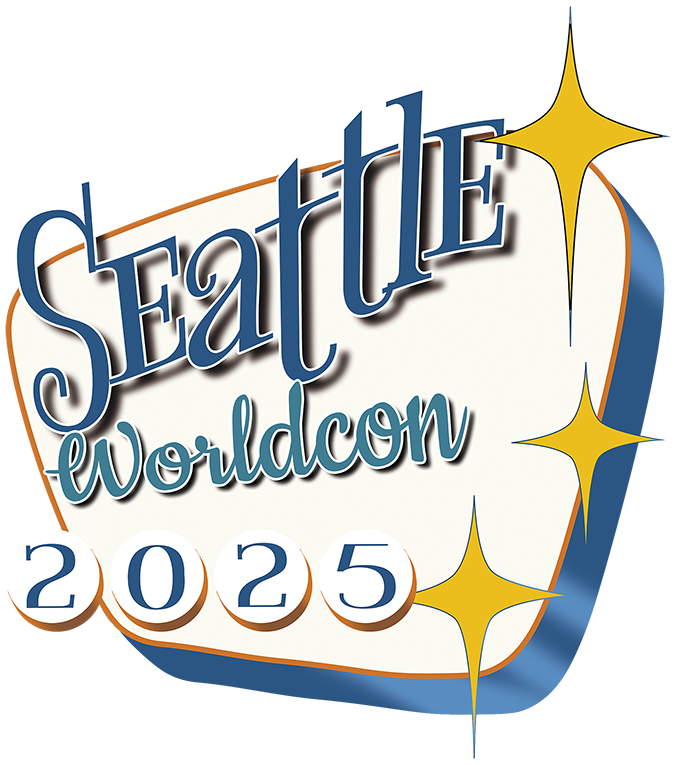Prolific and clever at getting by the Soviet censors, the Strugatsky brothers brought us fascinating tales of alien intelligences guiding Earth’s evolution, time travel, space exploration, and much more. Arkady Strugatsky , a technical translator and editor, and his brother Boris, a computer mathematician at Pulkovo Astronomical Observatory, are often regarded as the greatest Russian science fiction authors of the 20th century. At last count, we have nineteen works by Arkady and Boris Strugatsky in English, most of which were originally written in Russian in the 1960s and ’70s and translated in the ’70s and ’80s (with a new group of retranslations over the past several years).
 The Strugatskys wrote a series of books that together form the Noon Universe, in which recurring characters act out humanity’s urge to explore and go beyond the bounds of Earth. Two of the books in this series were published in : Noon, 22nd Century (a collection, tr. ) and the novel Space Apprentice (tr. ). Most of the stories in Noon (written between and ) focus on two space pioneers who return to Earth in the 22nd century and meet up with friends whose work intersects with those of the returnees. One of the stories, “The Moving Roads,” echoes both Robert Heinlein’s story “The Roads Must Roll” (about an alternative form of transportation in the future) and Stanislaw Lem’s Return from the Stars () (in which a man returns to Earth after over a hundred years but has only aged ten and must figure out how to adjust to the new world in which he finds himself). Other stories deal with encoding the brain of a dying scientist, encounters with aliens, the cooking of the future, and more. Throughout all of these stories is the belief that humans will never stop innovating and trying to discover more about themselves and the universe around them.
The Strugatskys wrote a series of books that together form the Noon Universe, in which recurring characters act out humanity’s urge to explore and go beyond the bounds of Earth. Two of the books in this series were published in : Noon, 22nd Century (a collection, tr. ) and the novel Space Apprentice (tr. ). Most of the stories in Noon (written between and ) focus on two space pioneers who return to Earth in the 22nd century and meet up with friends whose work intersects with those of the returnees. One of the stories, “The Moving Roads,” echoes both Robert Heinlein’s story “The Roads Must Roll” (about an alternative form of transportation in the future) and Stanislaw Lem’s Return from the Stars () (in which a man returns to Earth after over a hundred years but has only aged ten and must figure out how to adjust to the new world in which he finds himself). Other stories deal with encoding the brain of a dying scientist, encounters with aliens, the cooking of the future, and more. Throughout all of these stories is the belief that humans will never stop innovating and trying to discover more about themselves and the universe around them.
 Set hundreds of years before the other Noon universe novels, Space Apprentice focuses on a space welder (on probation) as he is attempting to catch up to a spaceship transporting his fellow workers to their next site. This space-picaresque includes giant Martian slugs, gravitational wave experiments, and space pearls.
Set hundreds of years before the other Noon universe novels, Space Apprentice focuses on a space welder (on probation) as he is attempting to catch up to a spaceship transporting his fellow workers to their next site. This space-picaresque includes giant Martian slugs, gravitational wave experiments, and space pearls.
Taken together, the Strugatskys’ novels and collections reveal an evolution from a hopeful, utopian perspective on humanity to one that is darker and more pessimistic. Often, the brothers present us with situations on other planets that raise questions about what humans might do in those situations on Earth: What if leaders tried to control their populations with certain sounds, or scientists trying to figure out teleportation threatened the stability of the entire planet? Hopefully, the Strugatskys’ entire oeuvre will someday be translated into English so we can fully appreciate their unique and expansive vision.
Have you read any of the Strugatskys’ work? What are your favorite of their tales? Let’s talk in Seattle.

